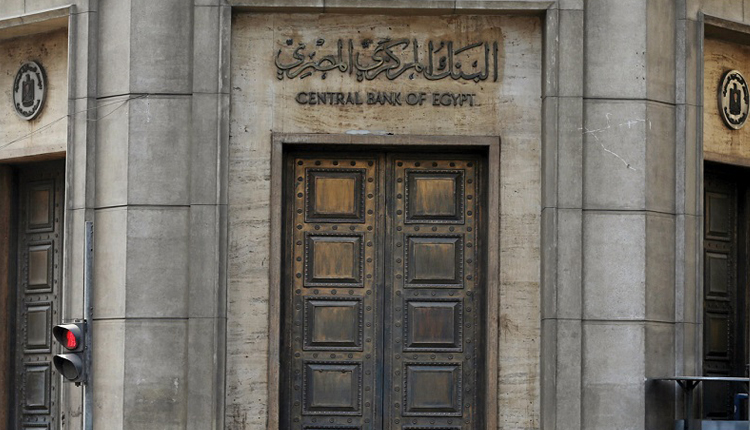The Monetary Policy Committee at the Central Bank of Egypt decided to cut key interest rates by 1 percent (100bps) for third time in a row in its meeting held on Thursday.
The new cuts are the fourth in 2019, and the third consecutive cuts.
The overnight deposit and lending rates were cut by 100 basis points to 12.25 percent and 13.25 percent respectively.
According the CBE statement, the new cuts were driven by the continuous annual inflation rate that registered 4.8 percent in September, then 3.1 percent in October, which is the lowest since December 2015.
It added that the initial data shows stable real GDP growth, registering 5.6 percent during the third quarter of 2019, which is the same registered rate in the the financial year 2018/19, which is considered the highest rate since the financial year 2007/2008.
Private sector product contribution also went up during the second quarter of the year for the first time since the same quarter of 2017. Furthermore, private domestic demand has contributed to Egypt’s stable economic growth.
The new cuts were driven by the decrease in unemployment rate, which registered 7.5 percent during the second quarter of 2019, down by 6 percent from its peak in the fourth quarter of 2013.
Oil prices could witness fluctuations due to the regional factors that can impact demand.
“The domestic inflation rate is expected to be under control despite the predicted negative impact of the core inflation period on the annual inflation rates over the short term because of the end of temporary demand on fresh vegetables,” the statement said.
The new cuts, the CBE said, are in accordance with the targeted inflation rate of 9 percent during the fourth quarter of 2020 and the price stability in the domestic market over the medium term.
The improvement of Egypt’s financial indices recently is driven by the continued progress of economic activity, the economic reform programme, and the start of implementing the tax reform programme, banking expert Hani Abou El-Fotouh told Ahram Online.
The new decline in interest rates, according to Abou El-Fotouh, will have a positive impact on the domestic market, as it will pave the way for more foreign investments to enter the Egyptian market, which will help in providing new job opportunities and increasing wages.
Banking and financial expert Mohamed Deshnawy said that the new cuts in interest rates, which are part of the monetary easing policy the Egyptian banking system has adopted thanks to the macroeconomic indices upgrade, will have a significant impact on the Egyptian citizen and the market, whether directly or indirectly.
“The total decline in interest rates, which started in the beginning of 2019, will revive the domestic market as it encourages individuals to invest and establish new projects that will provide more job opportunities, decreasing unemployment and poverty, which is one of the most important objectives of Egypt’s Sustainable Development Vision 2030,” Deshnawy explained.
Deshnawy added that the interest rate decline will push production costs down, which will decrease the price of commodities in the domestic market, as well as raise the competitiveness of Egyptian products and upgrade Egypt’s trade balance.
“Hikes in interest rates were a side effect of the rising inflation rates in the wake of the flotation of the Egyptian pound in 2016.
But now, the inflation rate is under control and the Egyptian pound is performing better against the US dollar, which is paving the way for a healthy economy that can enable the government to fix the state trade balance deficit,” he illustrated.
Source: Ahram Online
